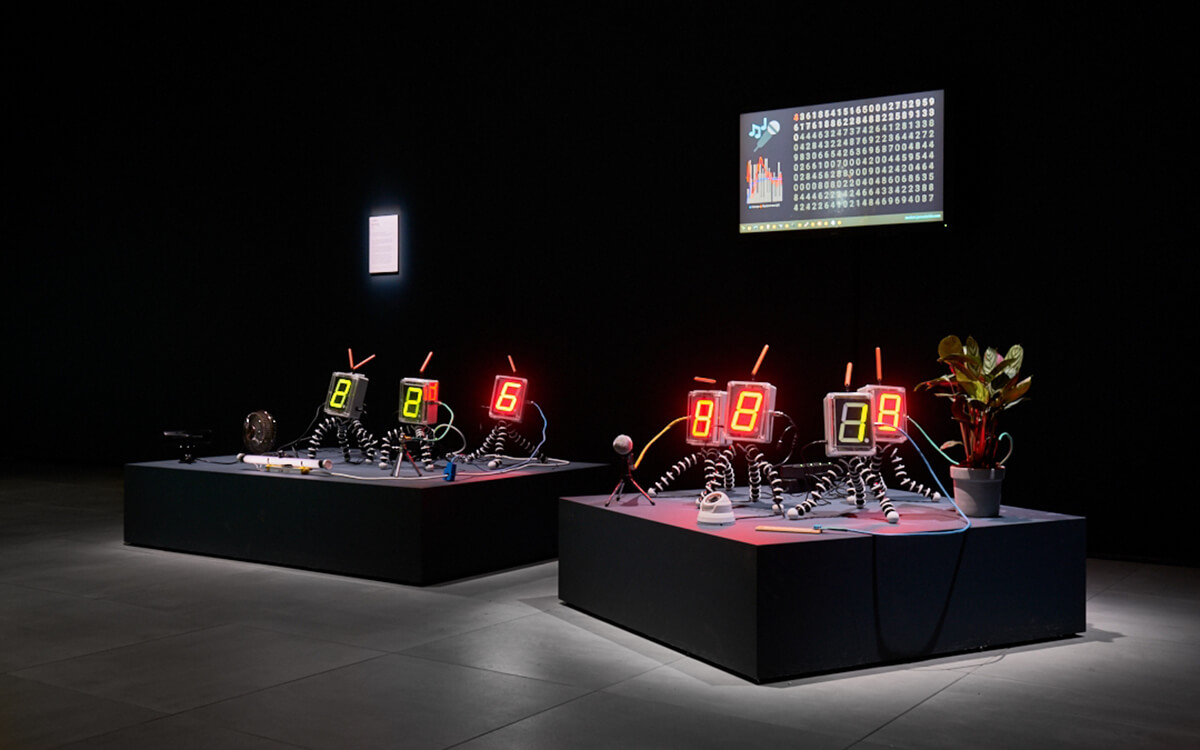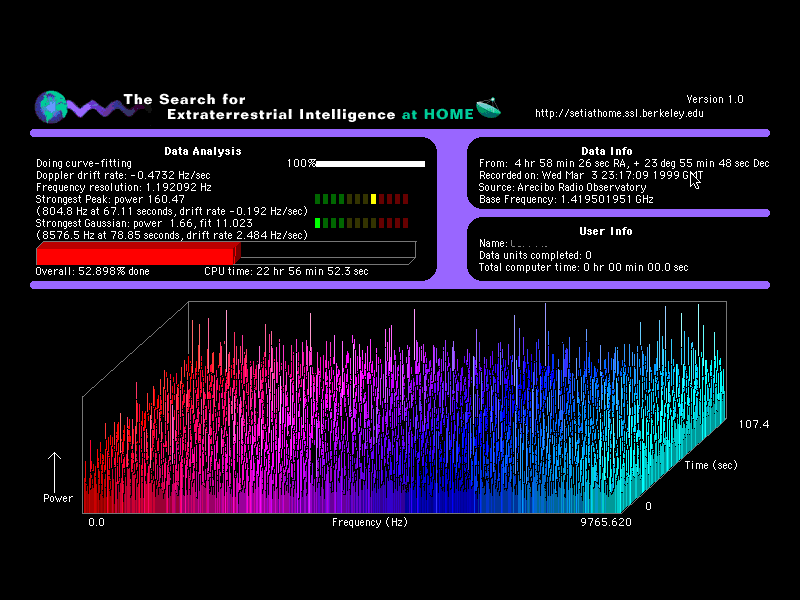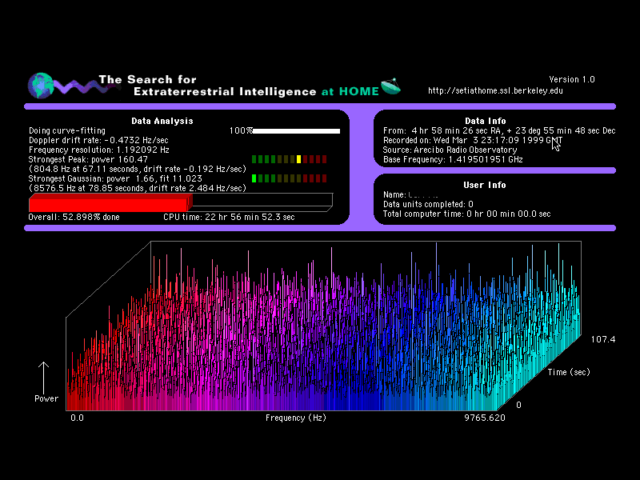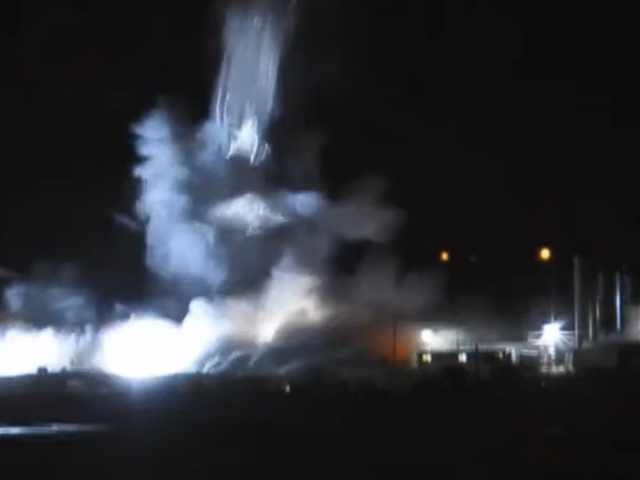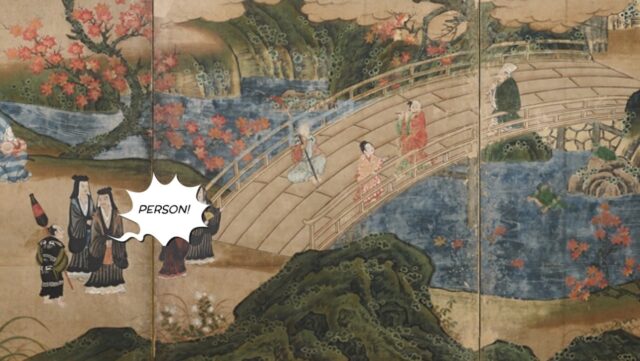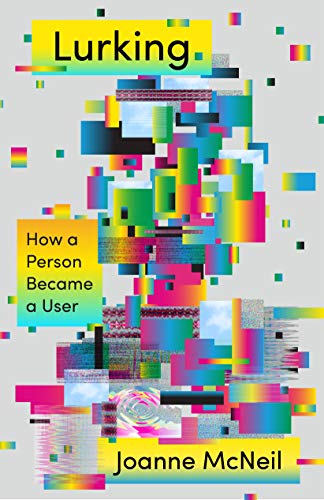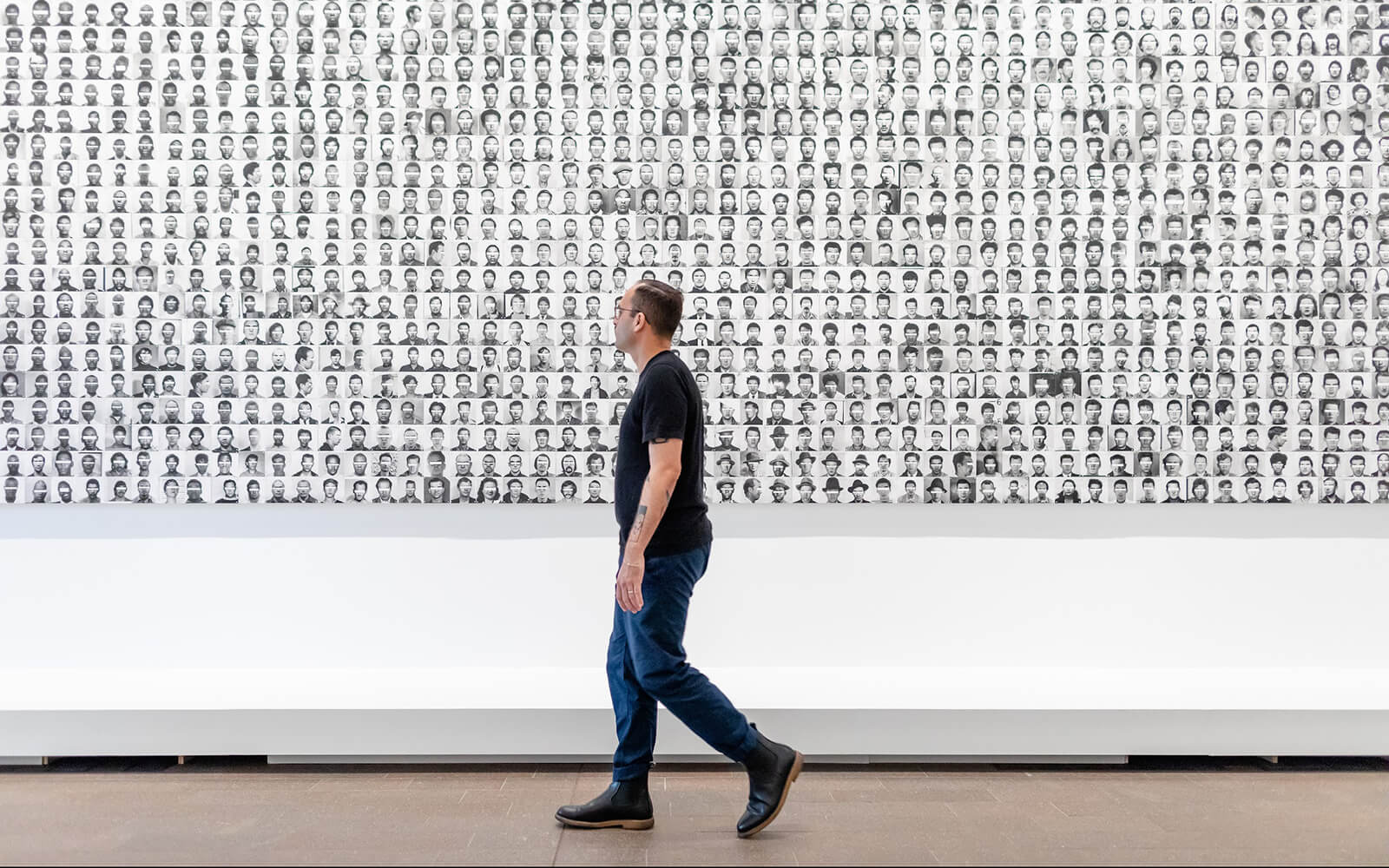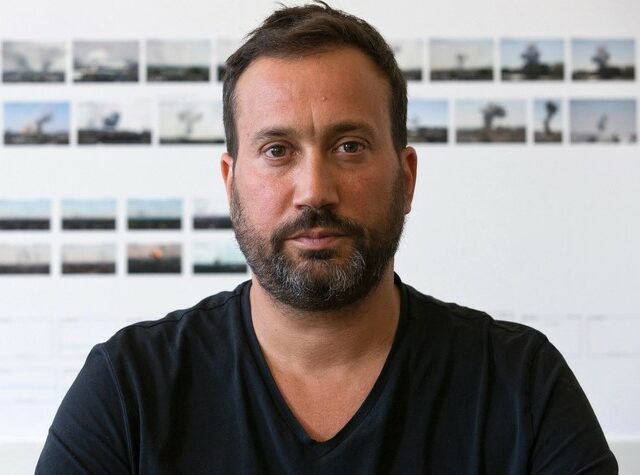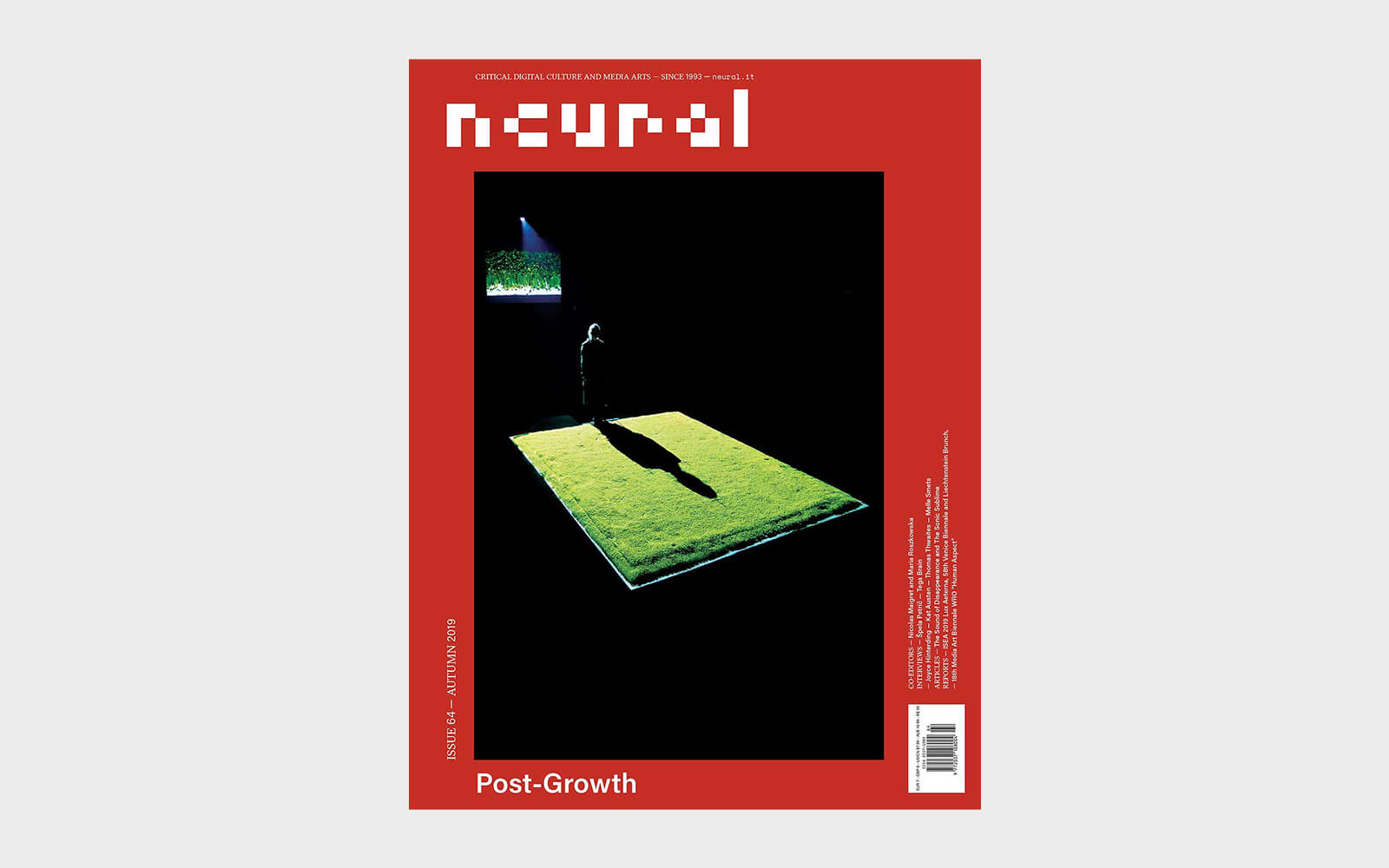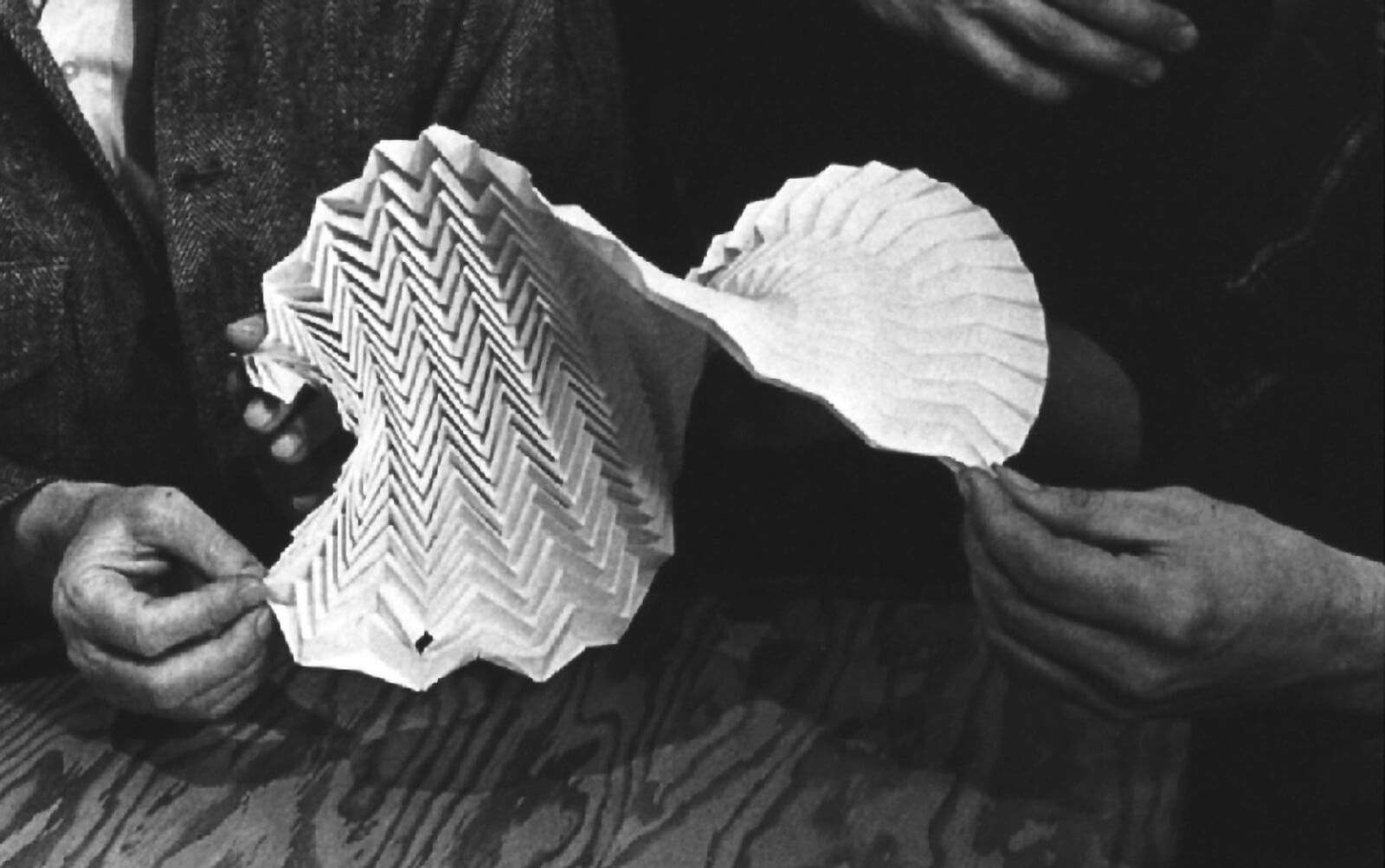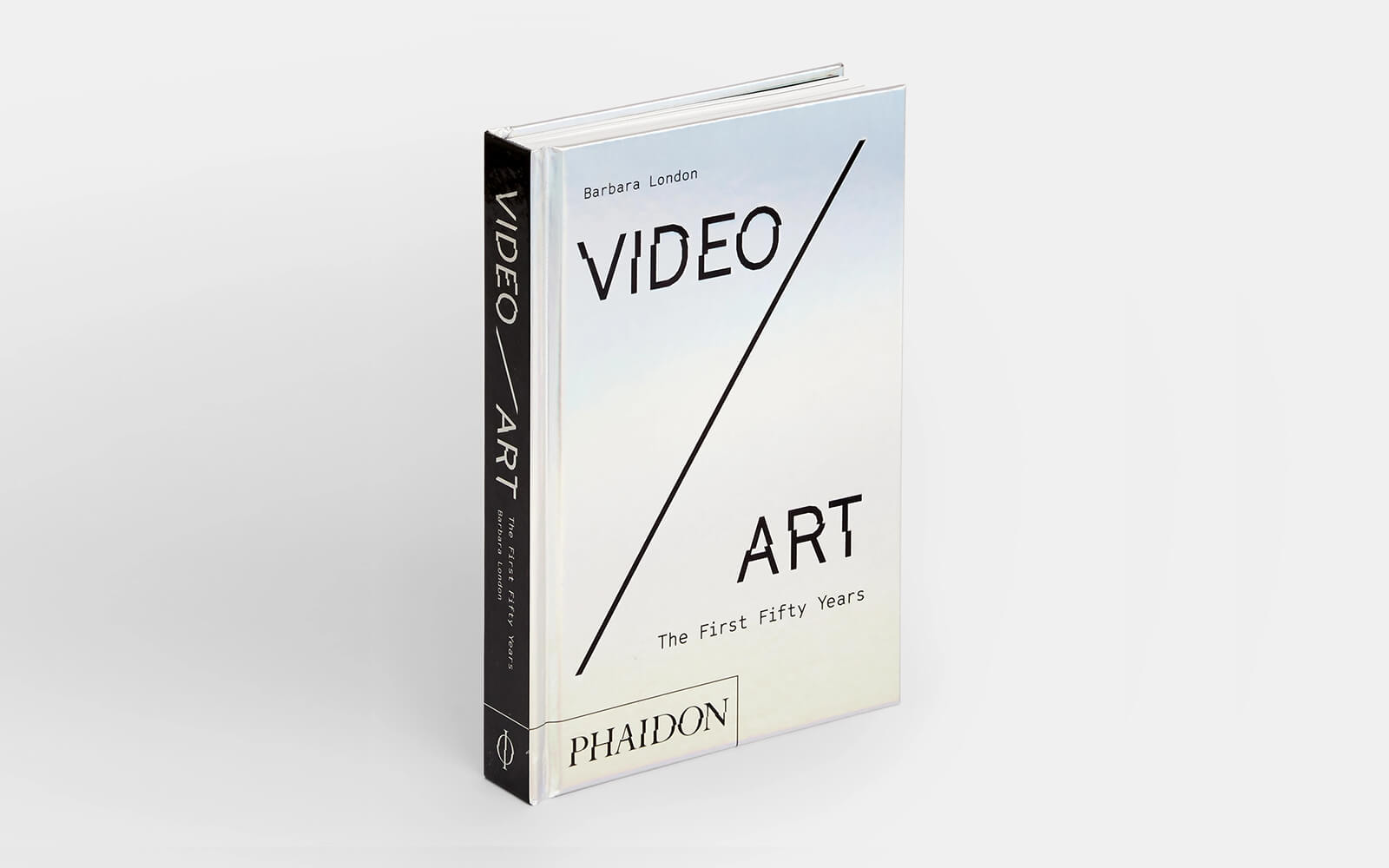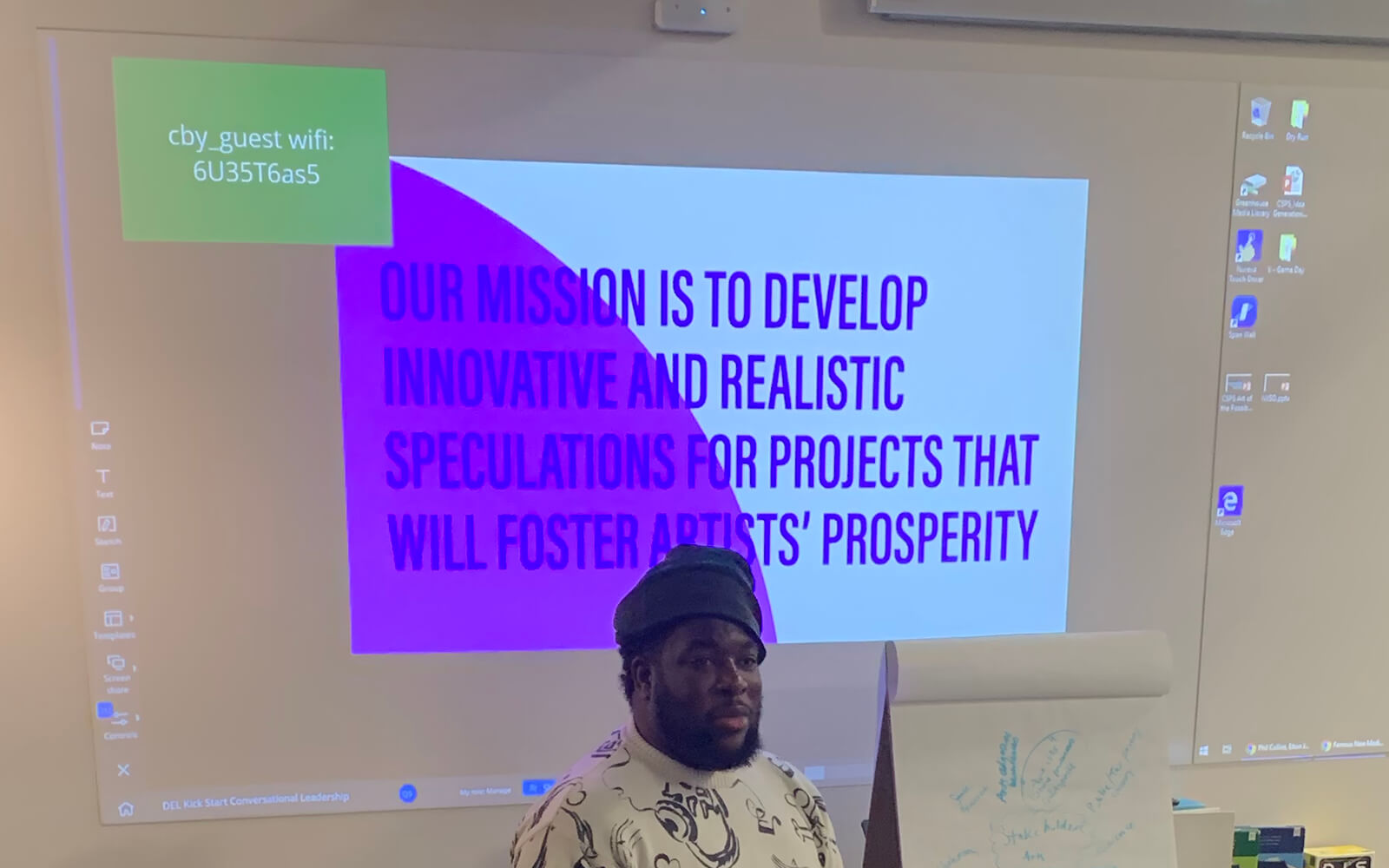After two years of extensive renovations, Brussel’s art and technology centre iMAL reopens with “Quantum: In Search of the Invisible,” an exhibition exploring the world of quantum physics. Featuring works by Julieta Aranda, James Bridle (A State of Sin, 2018, image), Yunchul Kim, Semiconductor, Suzanne Treister, Yu-Chen Wang, and others, the show assembles artist-scientist collaborations that emerged from the Arts at CERN residency program.
